

Fiji's Minister for Trade Manoa Kamikamica with NZ Counterpart Nicola Grigg.
Photo/Facebook
New Zealand backs Fiji’s ambitious push for PACER+ membership
New Zealand’s Trade Minister, Nicola Grigg, praises Fiji’s economic vision amid concerns over the impact on smaller economies.


‘We Are Not Your Dusky Maidens’: Pacific women reclaim their stories
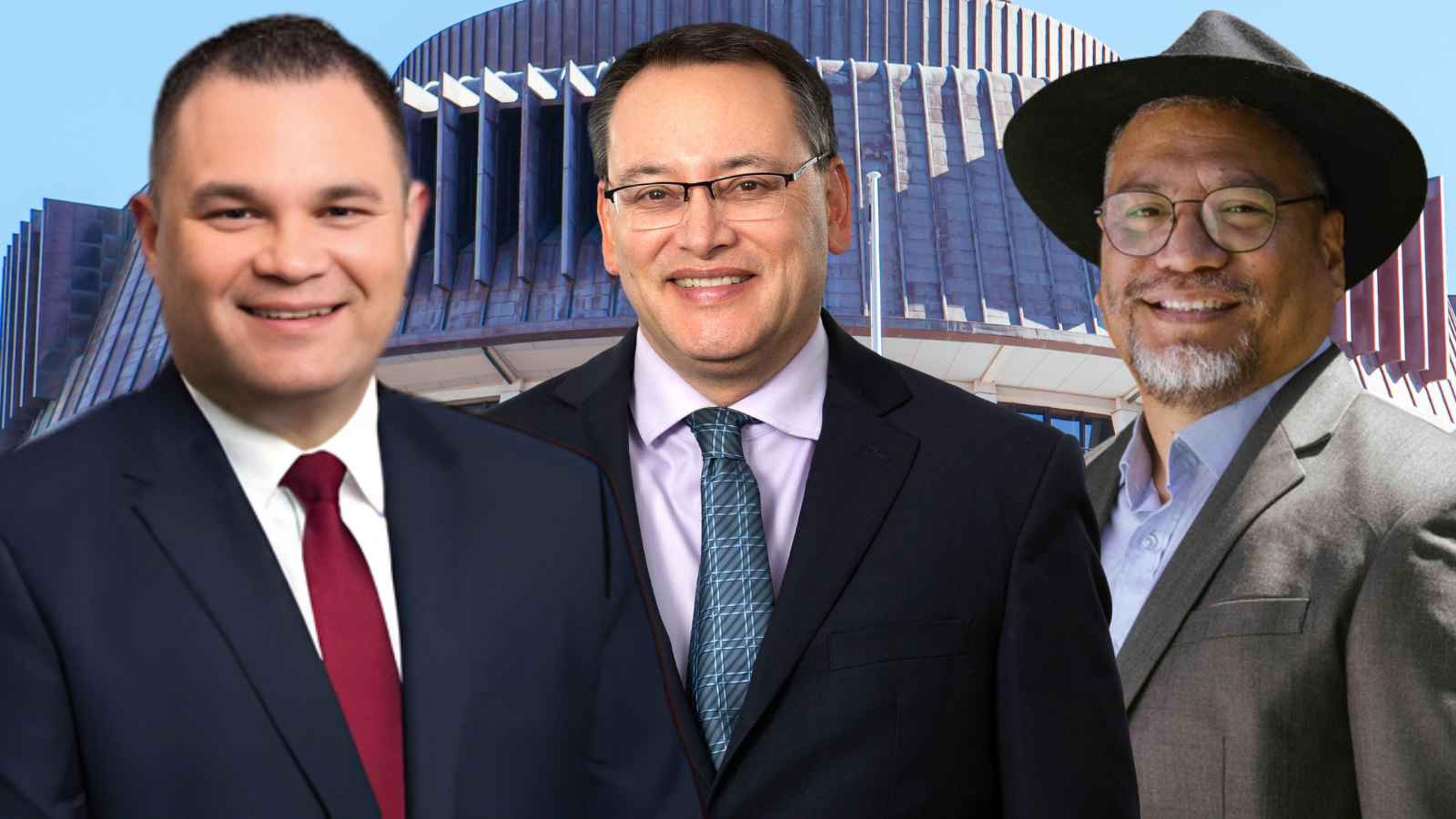
Pacific representation in focus as parties gear up for 2026 election

Tokelau election delay exposes fragile Pacific Islands transport links

Sāmoa approves millions in school payout as funding questions remain

‘We Are Not Your Dusky Maidens’: Pacific women reclaim their stories

Pacific representation in focus as parties gear up for 2026 election

Tokelau election delay exposes fragile Pacific Islands transport links
New Zealand is ramping up its support for Fiji’s inclusion in the Pacific Agreement on Closer Economic Relations (PACER) Plus.
PACER Plus is a trade and development agreement between Australia, New Zealand, and eight Pacific Island countries, aimed at promoting economic integration in a fair, inclusive, and sustainable way.
During her recent visit to Fiji, Trade Minister Nicola Grigg described her discussions with her Fijian counterpart Manoa Kamikamica as ‘really positive’ and ‘energised,’ aligning with a broader push to deepen regional economic cooperation.
Grigg met Kamikamica during the Pacific Islands Forum Trade Ministers' meeting.
She expressed strong confidence in Fiji’s economic ambitions and its potential contribution to the trade bloc.
“He's got huge energy and huge ambitions and ideas for growing Fiji's economy. So it was a really productive, energised conversation,” she told PMN News.
“I came away feeling buoyed by Fiji's government's direction of travel and the ideas and their ambitions in place, and certainly their warmth towards joining the PACER Plus agreement.”
The Pacer Plus agreement aims to reduce trade barriers, expand access to larger markets like Australia and New Zealand, and strengthen intra-Pacific trade. The deal includes legally-binding commitments on trade in services such as tourism, digital trade, and transport, which are vital for Pacific economies.
As one of the largest economies in the Pacific, Fiji is seen as a key regional player.
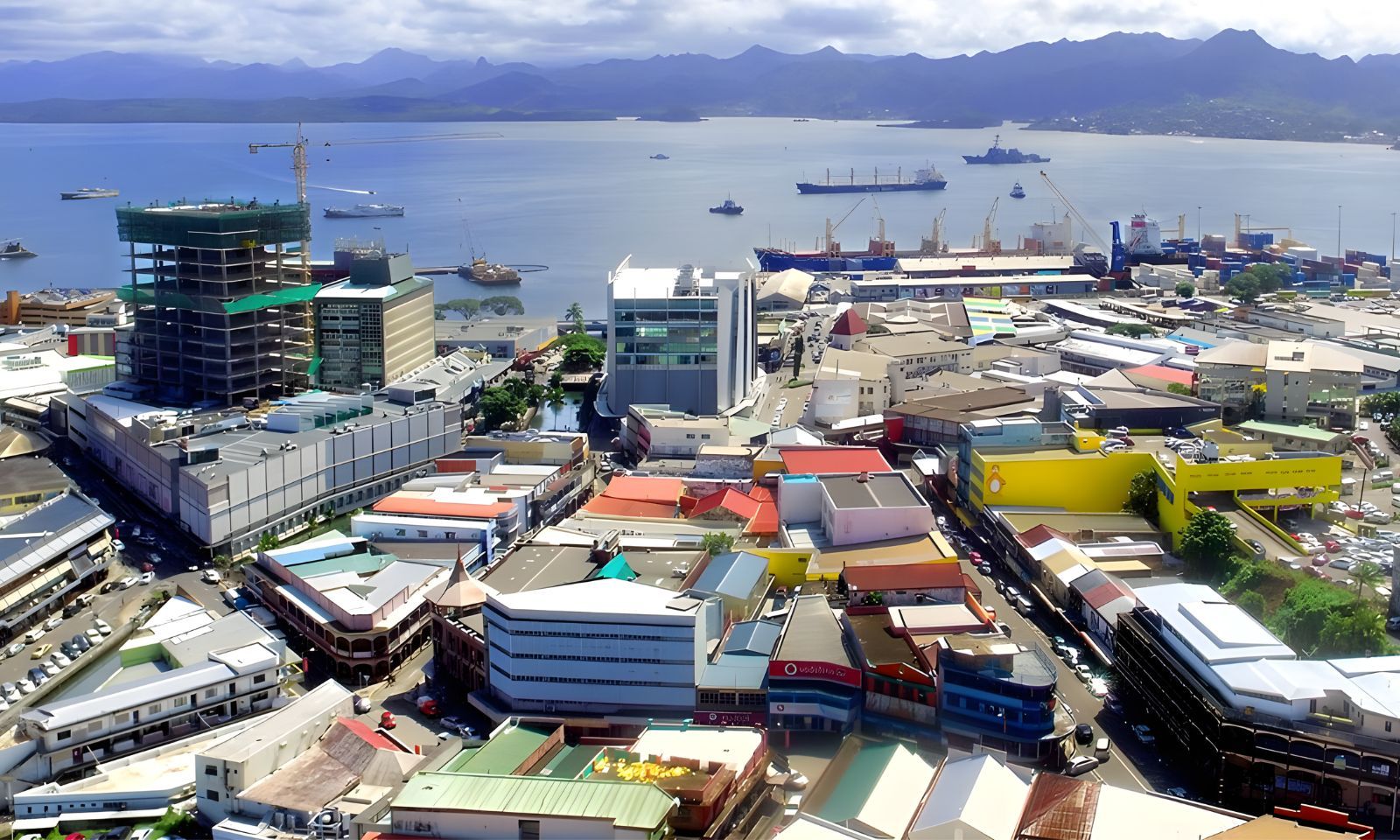
Fiji has one of the largest economies in tthe Pacific region. Photo/ Facebook
Grigg emphasises the strategic importance of Fiji joining PACER Plus, noting that it would not only have major economic implications but also reinforce regional stability and send positive signals to global investors.
“They are a major player from a cultural, societal and, of course, economic perspective,” she says.
“We think that having Fiji as a member of PACER Plus sends a powerful signal to the rest of the world about the advantages that member states can have by joining these multilateral arrangements.”
She believes that Fiji's participation would signal the Pacific's commitment to attracting international investment.
“It sends great signals to international investors that this region is really serious about the role that we play in the world and we're serious about attracting international investment,” Grigg says.
“Certainly Fiji's got some really great ambitions and plans and ideas around what they can do with some further support from international investment.”
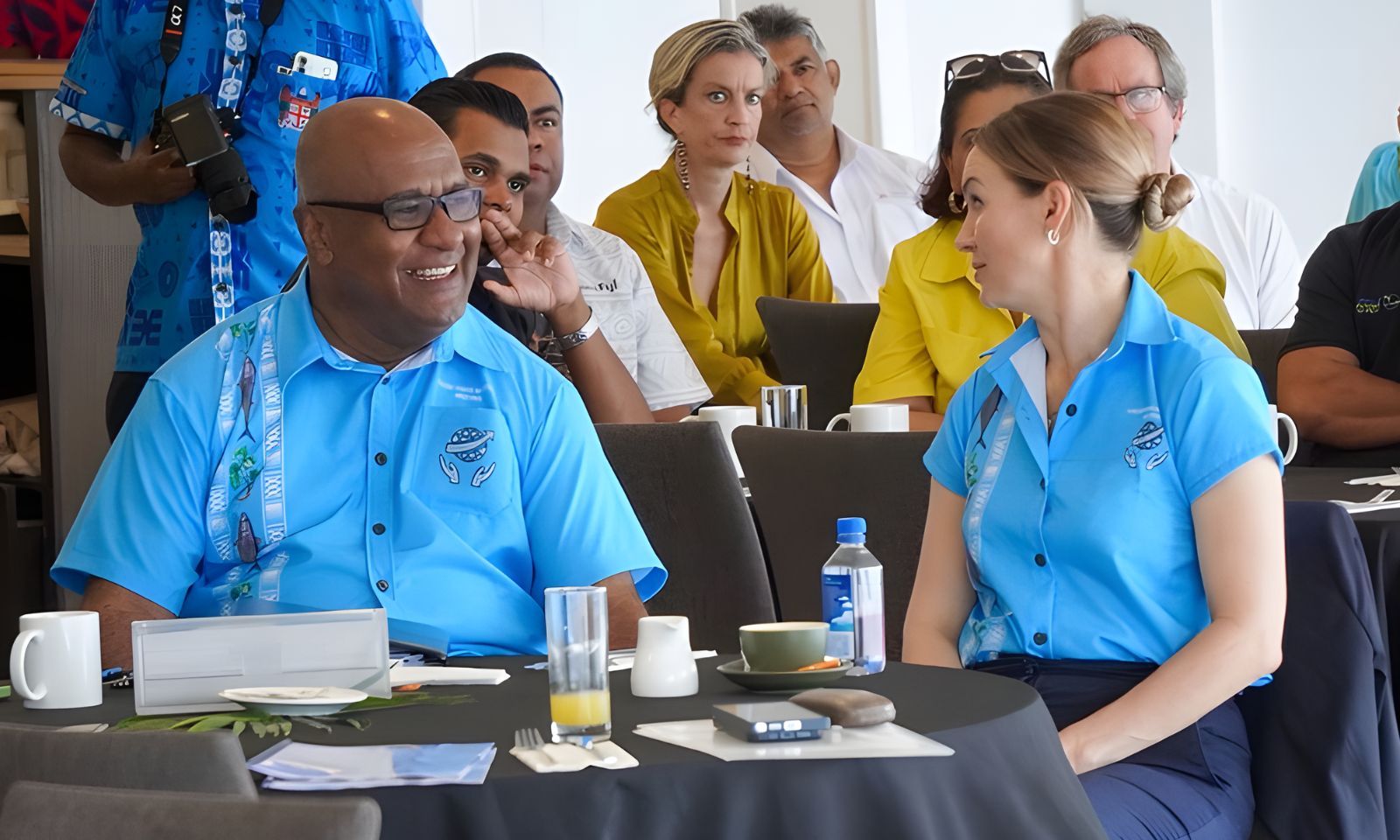
Fiji's Trade Minister Manoa Kamikamica with NZ's Trade Minister Nicola Grigg. Photo/ Nicola Grigg
A key feature of PACER Plus is the Development and Economic Cooperation (DEC) Work Programme, a five-year AU$25 million (NZ$27.30m) initiative funded by Australia and New Zealand.
The programme is tailored to individual country needs and is delivered in partnership with governments and the private sector, focussing on improving exports, building skills, and ensuring long-term, tangible benefits from the agreement
Despite strong advocacy from Aotearoa and Australia, concerns have been raised that PACER Plus may disproportionately benefit larger economies, potentially undermining local industries in smaller Pacific nations.
Grigg acknowledged these concerns, saying it’s important to have open dialogue and flexible frameworks.
“That's the great thing about having these deep relationships that we have, particularly with countries like Fiji, is that we can discuss these challenges and we can look to solutions to iron them out,” she says.
“One of the biggest advantages of PACER Plus is that there's a real level of flexibility there, particularly for developing members.”
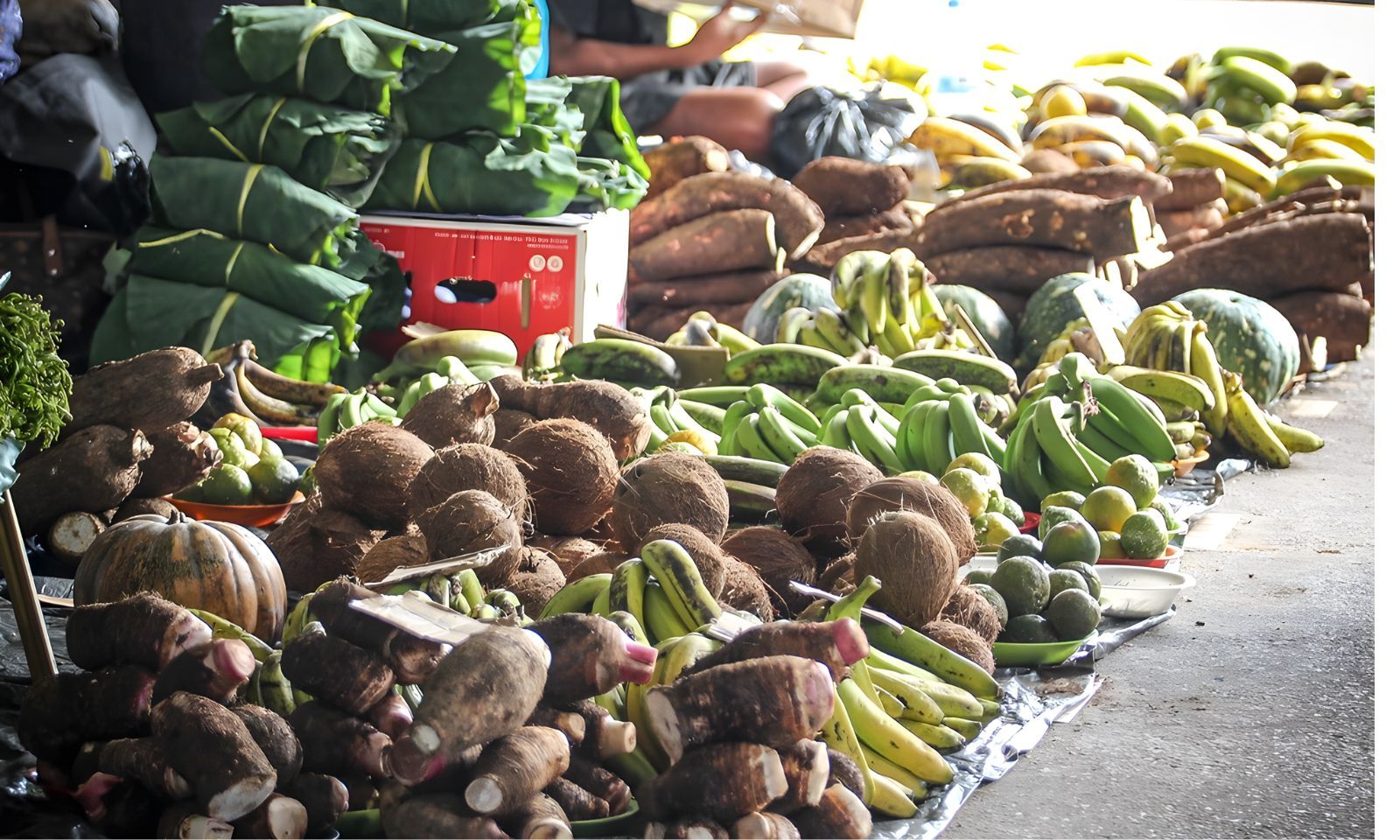
There are concerns PACER Plus largely benefits larger economies therefore undermining local industries in smaller Pacific nations. Photo/SCC
Grigg assures that no local sector in Fiji would be unduly disadvantaged under the agreement.
“There are opportunities for those who might be concerned about tariffs. We can extend tariff phase out schedules for 25 to 30 years and that's going to assist those economies continue to grow whilst they transition into these arrangements.
“We certainly don't for one minute see that any particular sector or industry would be unduly penalised by any stretch of the imagination.
“We think that there's only opportunity for growth and indeed for regional security by joining a relationship like PACER Plus.”
When asked whether Fiji would retain the autonomy to negotiate its own trade deals, Grigg responded: “Within the parameters of the trade arrangement, yes.
“One of the advantages is that it enhances Fiji’s existing relationships with at least seven of its ten trading partners. So, I think it can only further benefit those economies.”
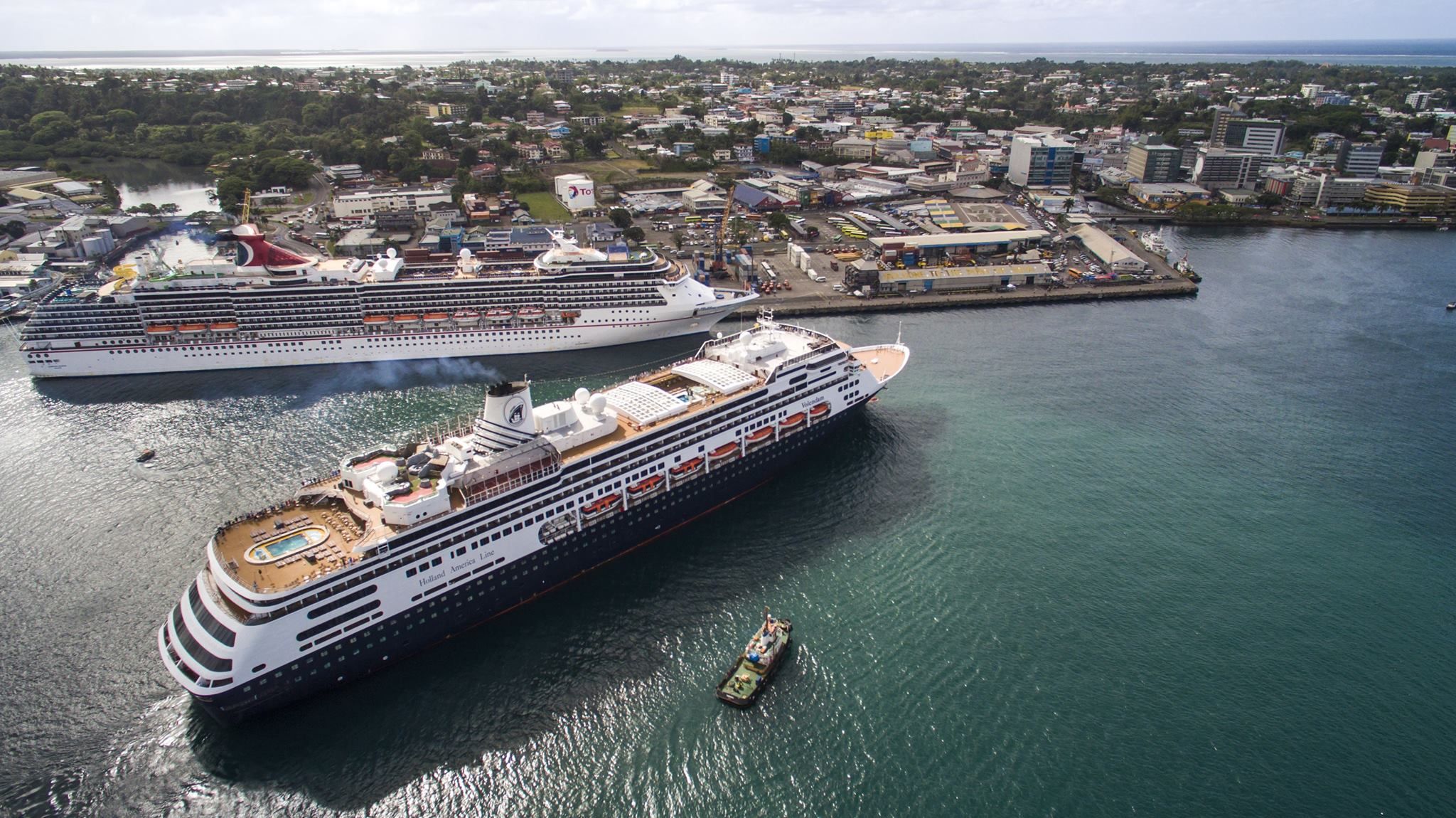
Nicola Grigg says there is only opportunity for growth and regional security in PACER Plus. Photo/Fiji Ports
Fiji actively participated in the PACER Plus negotiations when they started in 2009 but abstained from signing the agreement, which came into effect on 13 December 2020. Fiji opted not to sign the deal due to concerns about its potential impact on their development aspirations.
A key point of contention was the protection of emerging industries, with Fiji believing that the agreement's provisions on this area were too weak, potentially hindering the growth of new businesses.
Also, the removal of tariffs on imports from Australia and New Zealand under PACER Plus was expected to lead to a significant loss of revenue for Fiji's government
But Kamikamica says the economic landscape has changed domestically and internationally, and that a careful analysis is needed to determine if the agreement, in its current form, aligns with Fiji’s development goals and adequately addresses the structural changes required for the Fijian economy.
He emphasises the need for diversification and expansion of Fiji’s narrow export base, as well as strengthening resilience in supply chains and balancing the trade deficit, particularly with Australia and New Zealand.
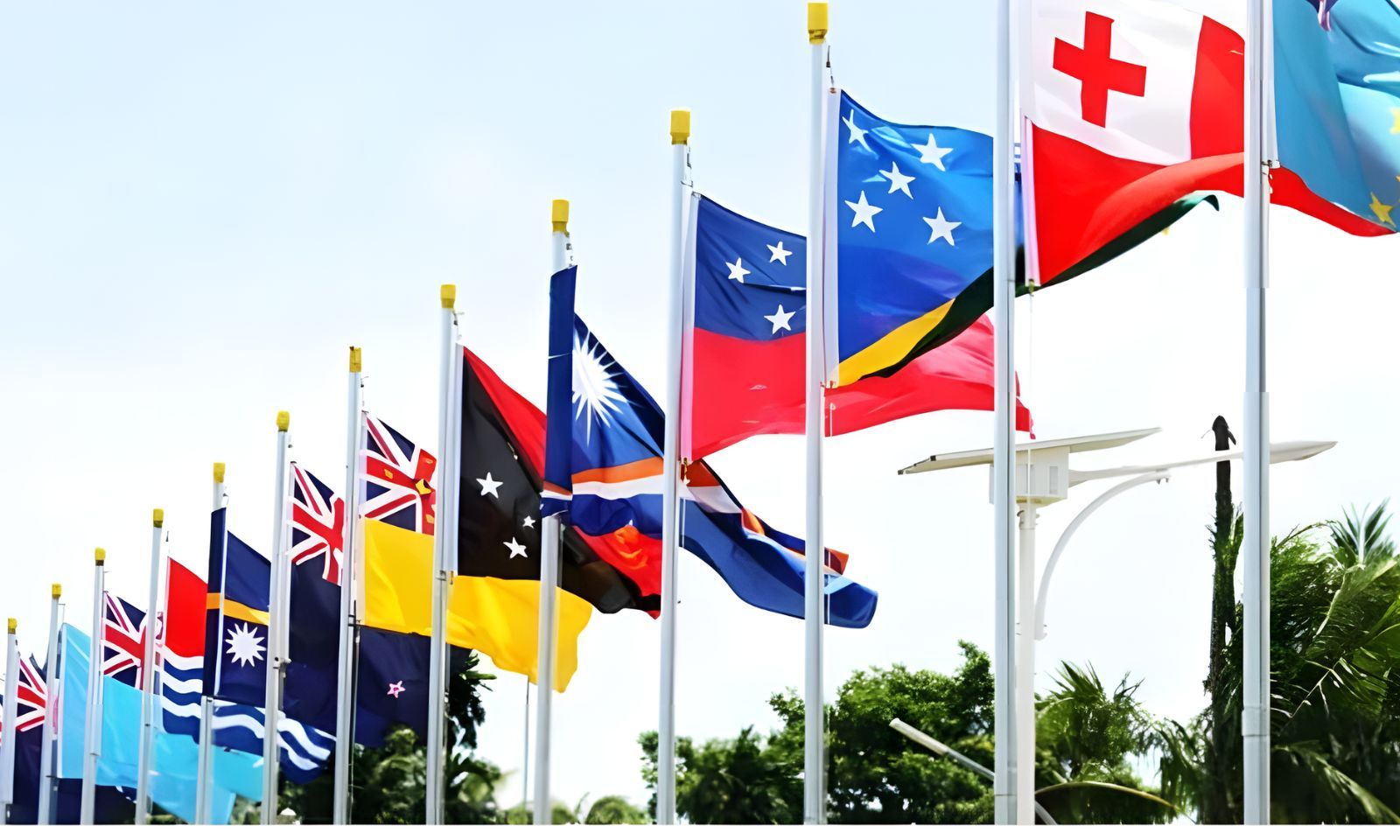
Ten pacific countries are currently party to the PACER Plus agreement. Photo/Post Courier
“It is our responsibility to ensure any trade agreement we intend to enter into must be fair, equitable, development-oriented, and benefit our country.
“We have a responsibility to protect our national interest and ensure the benefits of any agreement are tangible for our people. Embarking on PACER Plus must be in the interest of Fiji.”
Kamikamica says it is crucial to reassess if the initial decision to stay away from PACER Plus remains in Fiji’s best interest.
New Zealand, Australia, Cook Islands, Kiribati, Niue, Sāmoa, Solomon Islands, Tonga, Tuvalu, and Vanuatu are members of the PACER Plus. Nauru has signed the agreement but has not yet ratified it, while Fiji and Papua New Guinea are not yet parties to the deal.
Listen to Nicola Grigg's full interview below.